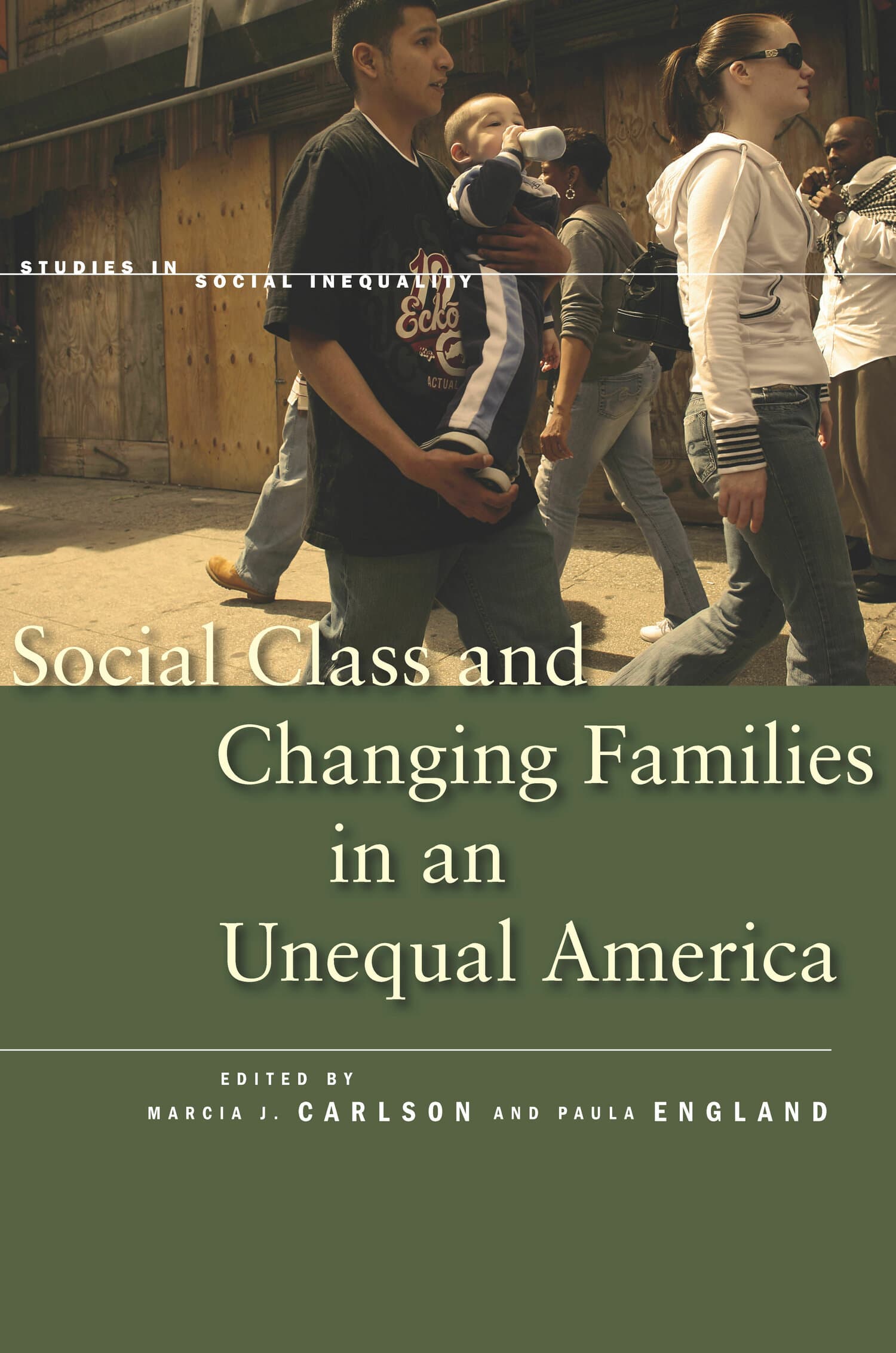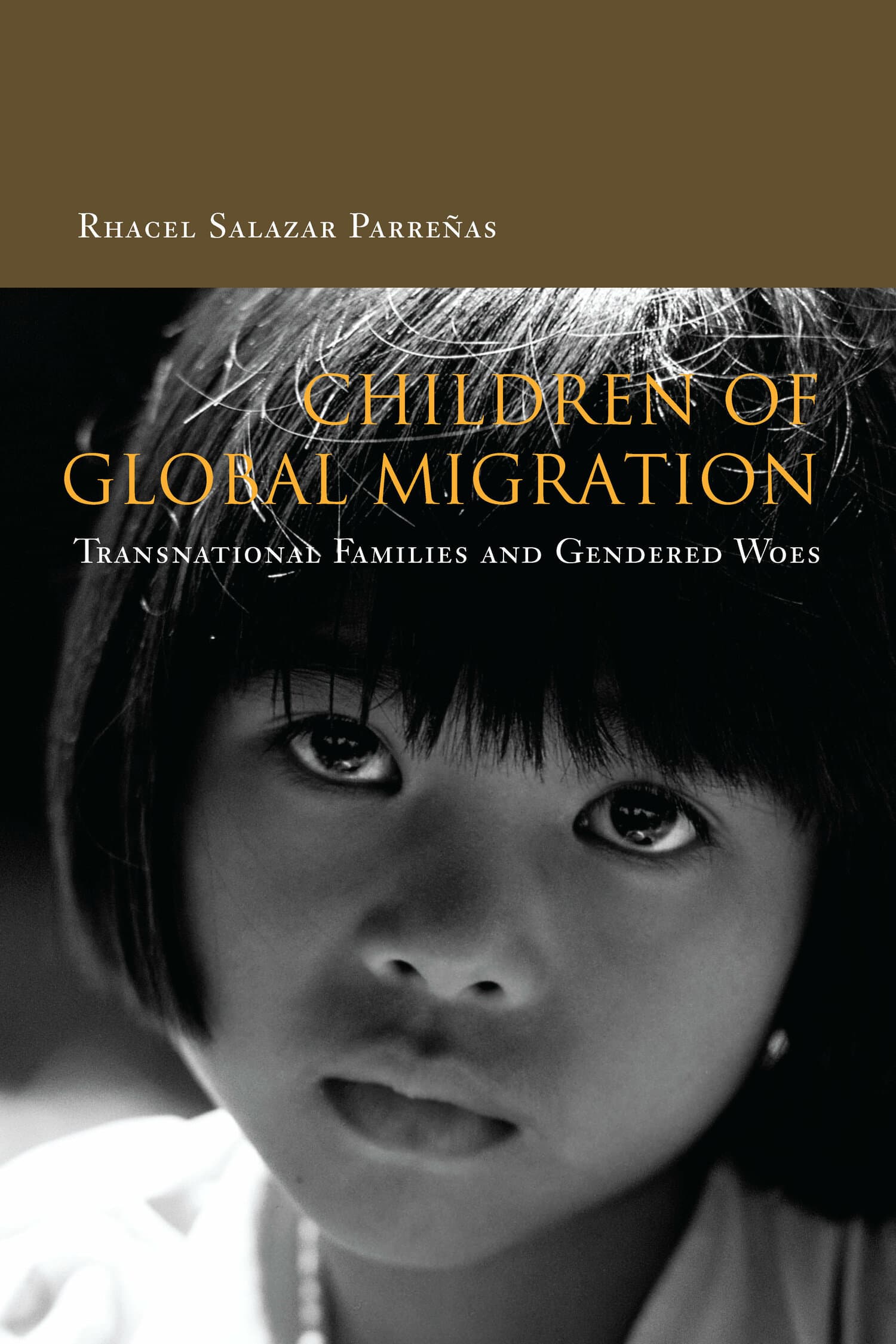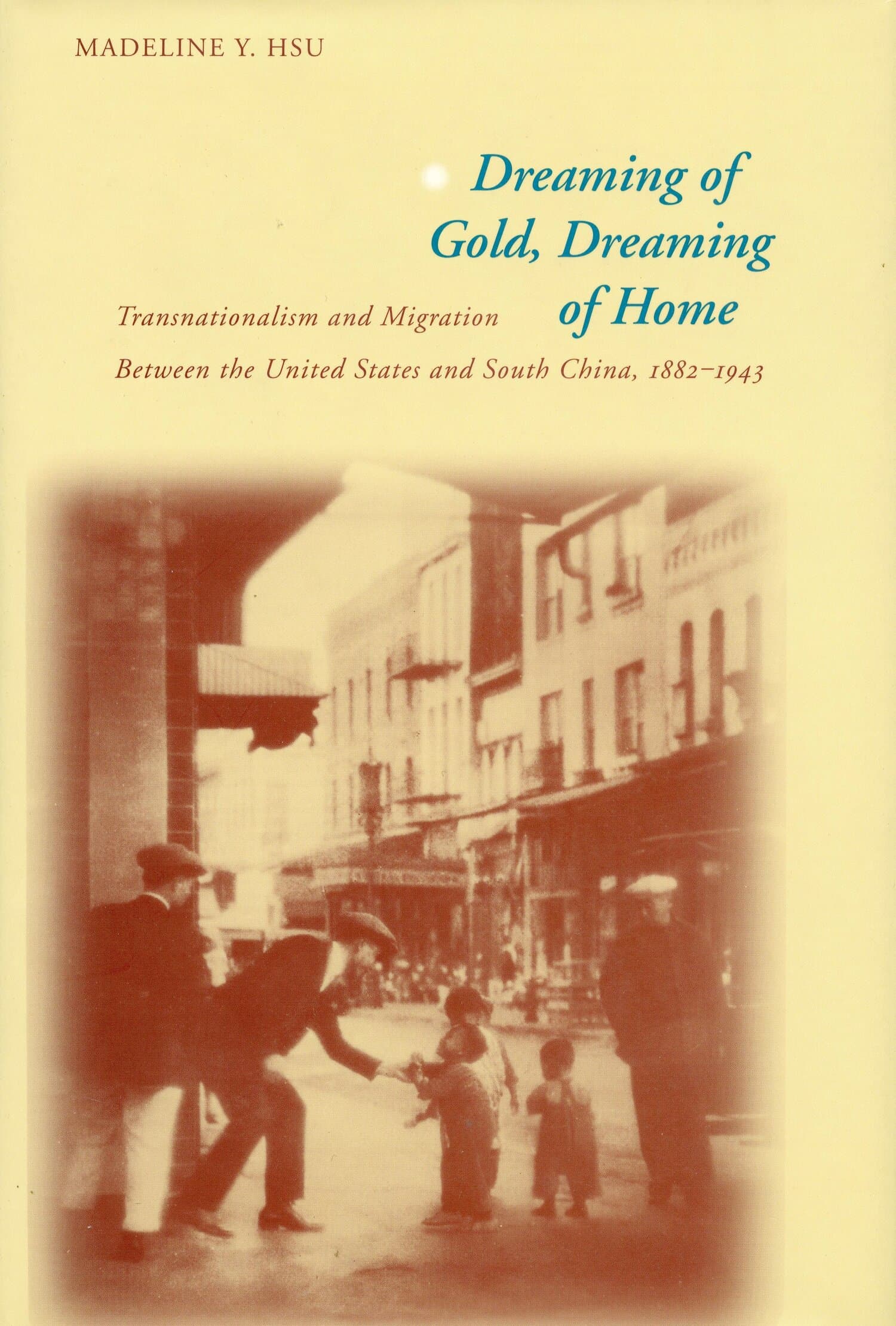Raising Global Families

Public discourse on Asian parenting tends to fixate on ethnic culture as a static value set, disguising the fluidity and diversity of Chinese parenting. Such stereotypes also fail to account for the challenges of raising children in a rapidly modernizing world, full of globalizing values. In Raising Global Families, Pei-Chia Lan examines how ethnic Chinese parents in Taiwan and the United States negotiate cultural differences and class inequality to raise children in the contexts of globalization and immigration. She draws on a uniquely comparative, multisited research model with four groups of parents: middle-class and working-class parents in Taiwan, and middle-class and working-class Chinese immigrants in the Boston area. Despite sharing a similar ethnic cultural background, these parents develop class-specific, context-sensitive strategies for arranging their children's education, care, and discipline, and for coping with uncertainties provoked by their changing surroundings. Lan's cross-Pacific comparison demonstrates that class inequality permeates the fabric of family life, even as it takes shape in different ways across national contexts.
"Raising Global Families dispels the myth of the tiger mom, telling a compelling story of parenting that is less about unique cultures than about the forces of globalization. Through thoughtful and meticulous analysis of ethnographic data in transnational contexts, Pei-Chia Lan demonstrates how Chinese parents in Taiwan and the United States cope with their intensified feelings of ambivalence and insecurity and how this surfaces in childrearing. This study advances the understanding of parenting beyond the family and local milieus."—Min Zhou, University of California, Los Angeles
"Lan's insightful and skillfully-written book offers an intimate glimpse into the lives of Taiwanese families in Taiwan and the United States who endeavor to raise upwardly-mobile children. This is a must-read for all who seek to understand family, class, and mobility in the age of global capitalism."—Carolyn Chen, University of California, Berkeley
"Lan's methodological design is ambitious and analytically innovative; it is cross-national, cross-class, and multi-method...Global Families offers an invaluable take on parenting practices...Lan makes a convincing case that future studies of immigrant parenting strategies in the United States must consider these cross-national, cross-class ties in their analyses."––Tiffany J. Huang and Jennifer Lee, Social Forces
"Raising Global Families is engaging, and Lan's analysis is detailed and nuanced. The readability and rigorousness of this book make it attractive not only to students and scholars with interests in Migration, Globalization, Pedagogy, Class and Culture, as well as Chinese studies, but also to nonacademic readership, such as policy makers and others who are interested in fostering their children's global competitiveness."––Yu-chin Tseng, China Review International
"Raising Global Families dismantles the belief in a blanket Asian parenting culture, showing instead how the practice of parenting varies across social classes and national contexts and transforms over time."—Yn Lê Espiritu, American Journal of Sociology
"This is a must-read book for scholars of education, immigration, globalisation and class stratification, as well as any parents, students or educational practitioners who are interested in learning more about unequal childhood and parents' struggles to raise a global child in a transnational context."—Siqi Tu, The Sociological Review




